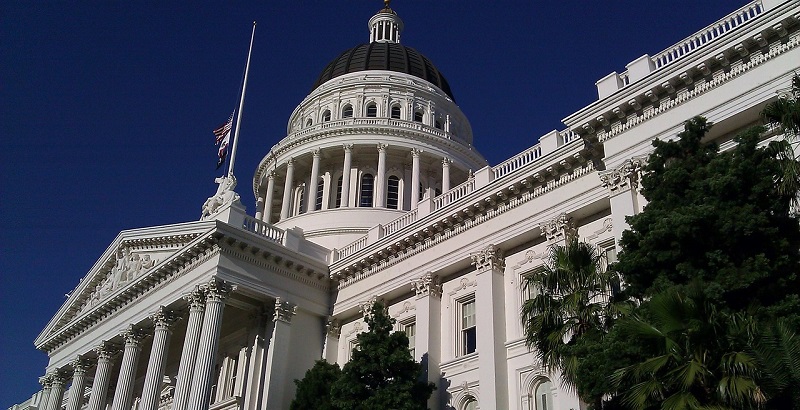On June 7, 2023, the New York State Senate passed Bill No. S03100, which would impose a blanket ban on employee non-competition agreements in New York. This article outlines the details of the bill, including its definition of non-compete agreements, the private right of action for individuals subject to prohibited non-compete agreements, and the exemptions to the prohibition of non-compete agreements.
The definition of a “non-compete agreement,” according to The Bill, is any agreement or clause contained in any agreement between an employer and a covered individual that prohibits or restricts such covered individual from obtaining employment after the conclusion of employment with the employer. This would include provisions in employment contracts that restrict employees from working for a competitor or in the same industry after leaving their current employer.
The bill provides a private right of action for individuals who are subject to prohibited non-compete agreements against an employer that “seeks, requires, demands, or accepts a non-compete from any covered individual.” This means that employees who are prohibited from seeking employment following their termination due to a non-compete agreement can now sue their former employer for damages. The courts can order injunctive relief, liquidated damages of up to $10,000 per violation, and compensatory damages, including lost compensation and attorney’s fees and costs.
Exemptions to the Prohibition of Non-Compete Agreements
The bill explicitly states that it does not impact applicable laws governing agreements that establish a fixed term of service or prohibit the disclosure of trade secrets, confidential and proprietary client information, or the solicitation of clients of the employer that the individual learned about during employment. This means that employers can still protect their business interests by using non-disclosure agreements to prevent former employees from sharing proprietary information and trade secrets.
Status of the Bill
The bill still must pass in the New York State Assembly, and if passed, it will move to New York Governor Kathy Hochul who will have ten days to sign the bill into law or veto it. At this time, it is unclear whether Governor Hochul supports an outright ban on non-compete agreements, as proposed in the bill. Governor Hochul’s position on non-compete agreements is that she has supported limitations on them for low-wage employees in the past. Her position on the blanket ban proposed in the Bill remains unknown, but she is in favor of protecting employees’ rights and promoting a fair and competitive job market.
Emerging Trend in Limiting Non-Compete Agreements
This bill is part of a broader emerging trend in various states and the federal government that seeks to prohibit or limit employers’ use of non-compete agreements. The rationale behind this trend is to promote competition and reduce the likelihood of monopolies in the job market.
Future Updates on the Bill
We will continue to monitor the status of the bill and provide updates on further developments. If the bill becomes a law, it will have a significant impact on businesses in New York. Employers will need to adjust their hiring and employment policies to comply with the new law, which may require them to offer more generous compensation packages to attract and retain talented employees.
The New York State Senate’s passing of Bill No. S03100 is a significant step toward protecting employees’ rights and promoting a competitive job market. The bill’s definition of non-compete agreements, private right of action for individuals, and exemptions provide clear guidelines for employers to follow. As the trend toward limiting non-compete agreements continues, businesses in New York and beyond will need to adapt to new regulations and employee expectations to remain competitive and attract top talent.

